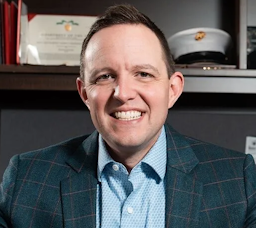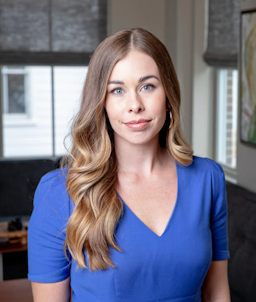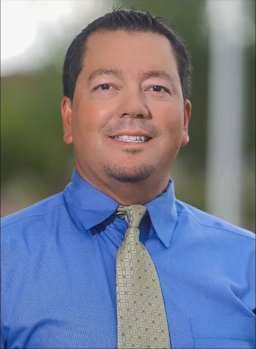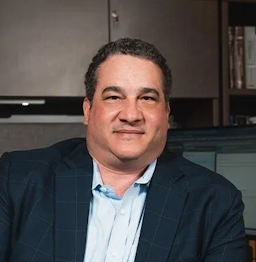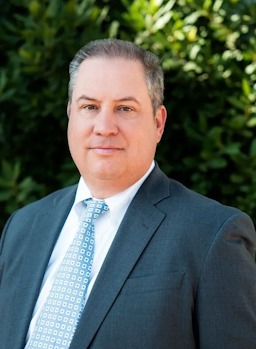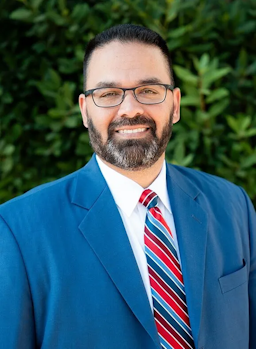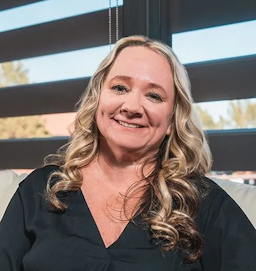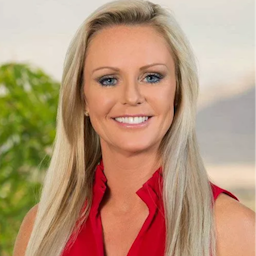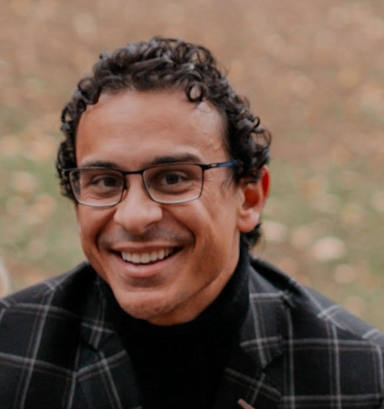Shannon Wise
Claggett & Sykes
I grew up in Las Vegas, Nevada. I came from a blue-collar family and was the first to attend college. I had to work to put myself through college. I somehow fell into getting my insurance license at 18 years old. I worked for a couple of the well-known insurance companies for about 10 years. I had always wanted to be a lawyer. I thought going in house was the logical progression of my career. Then I realized the truth: insurance companies are evil. I was constantly fighting with people within the company to pay UM/UIM claims. I thought it was extremely unfair that people paid for premiums for 30 years and then when they needed their insurance company, the company found every excuse not to pay them. I immediately knew I wanted to switch sides and teach them a lesson. I have worked at Claggett & Sykes for almost 10 years. I enjoy being active: working out, hiking, golfing, muay thai, and yoga are my weekly must do’s. I am also a dedicated dog mom.
Managing the Case and Putting Constant Pressure on the Defense
Drafting Complaints
- Frame the Case with Purpose. Not just about Notice.
- Know your audience.
- Name All Parties.
- Separate Claims.
- Plead All Damages.
- Plead Punitive Damages.
- Be aware of specific rules for wrongful death cases.
- Tell the Story from the Defendant’s wrongful conduct.
- Plead jurisdictional facts to avoid removal.
- Uses at Trial.
- Don’t let it sit. File early.
Draft Jury Instructions and Written Discovery
- Figure out what you have to prove.
- Draft RPDs first and before the discovery period begins so they are ready to go the moment you can send discovery.
- Save the Rogs and Admissions. Throw darts with these.
Review Initial Disclosures and immediately determine what you did not get.
- Don’t sit on it and be lazy.
- Did you get insurance policies? All of them?
- Did you get a list of witnesses who can be deposed?
- Did you get color photos?
- Did you get actual documents rather than BS.
Send Letter regarding Disclosures and insurance policies. (always incomplete).
Send Written Discovery First Day Possible.
- Ask for policies and procedures.
- Add another request for insurance.
- Ask for all video and audio.
- Ask for the Claims File.
- Ask for Prior Incidents.
- Work out any issues with a protective order. If they want one, you need a draft before discovery begins because you are likely to challenge it. Don’t just sign them. Make them file a motion. Work this out as early as possible.
Review Discovery Upon Receipt
- Review Responses.
- Did you get a privilege log? Does it comply with applicable law?
- Did you get complete responses?
- Did you get color photos?
- Did you get video?
- Are the objections boilerplate? Always will be. This is not permitted in most or all jurisdictions.
- Defense attorneys are taught to not respond and lazy lawyers tolerate it.
Prepare Good Faith Letter or Schedule Call.
- Some states require a letter. If so, do it within days of receipt of responses. Good practice to do one anyway.
- Send letter and schedule a conference. Don’t leave it open ended. You give them 3 dates. If they do not respond, you call on all 3 of those dates.
- Have your good faith conference and give a short, but reasonable time for a supplement.
File your Motion to Compel.
- You will be filing these. It’s not if, but when. Get the Court on notice early about Defense games.
- Get an Order for more documents.
- If the production is still not satisfactory, then prepare a motion for an order to show cause.
TLU Live HB Agenda
Track 1
Breakfast
Hosted by
- 9:00a




 Will Sykes · Dorothy Clay Sims · Sach OliverDepositions
Will Sykes · Dorothy Clay Sims · Sach OliverDepositions Coffee & Snacks
Hosted by
- 10:15a




 Will Sykes · Dorothy Clay Sims · Sach OliverDepositions
Will Sykes · Dorothy Clay Sims · Sach OliverDepositions Coffee & Snacks
Hosted by
- 11:30a




 Will Sykes · Dorothy Clay Sims · Sach OliverDepositions
Will Sykes · Dorothy Clay Sims · Sach OliverDepositions Lunch
Sponsored by
- 2:00p


 Christian Augustin · Sean Claggett Intake and Pre-Lit Workup
Christian Augustin · Sean Claggett Intake and Pre-Lit Workup Coffee & Snacks
Hosted by
- 3:15p


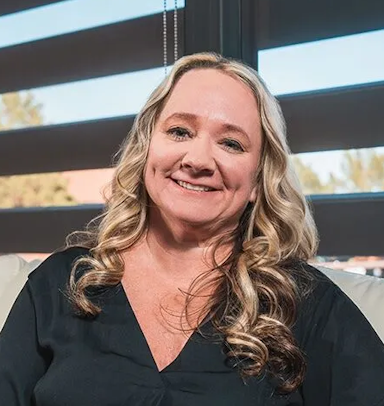

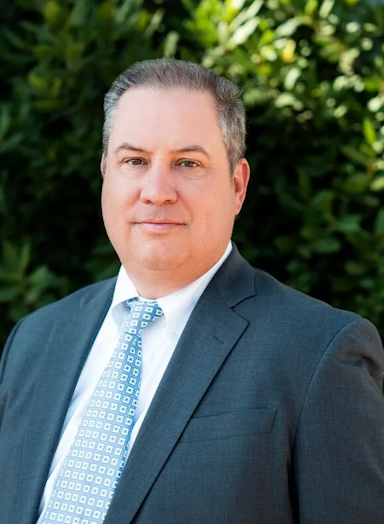
 Shannon Wise · Jennifer Morales · Brian BlankenshipManaging the Case and Putting Constant Pressure on the Defense
Shannon Wise · Jennifer Morales · Brian BlankenshipManaging the Case and Putting Constant Pressure on the Defense Coffee & Snacks
Hosted by
- 4:30p





 Shannon Wise · Jennifer Morales · Brian BlankenshipManaging the Case and Putting Constant Pressure on the Defense
Shannon Wise · Jennifer Morales · Brian BlankenshipManaging the Case and Putting Constant Pressure on the Defense
Track 2
Breakfast
Hosted by
- 9:00a


 Joseph Fried · Dan Ambrose High Performance Presentations
Joseph Fried · Dan Ambrose High Performance Presentations Coffee & Snacks
Hosted by
- 10:15a


 Haytham Faraj · Ted Wacker Overcoming Significant Hurdles on the way to $21.2 Million Verdict
Haytham Faraj · Ted Wacker Overcoming Significant Hurdles on the way to $21.2 Million Verdict Coffee & Snacks
Hosted by
- 11:30a

 Joseph FriedJoe Fried’s Top Tips for Winning Trucking Case
Joseph FriedJoe Fried’s Top Tips for Winning Trucking Case Lunch
Sponsored by
- 2:00p

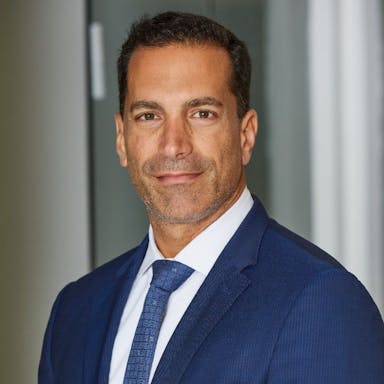 Sagi ShakedMaximizing Your TBI case
Sagi ShakedMaximizing Your TBI case Coffee & Snacks
Hosted by
- 3:15p

 Kurt ZanerHow fun, persuasive writing can lead to eight figure verdicts and settlements
Kurt ZanerHow fun, persuasive writing can lead to eight figure verdicts and settlements Coffee & Snacks
Hosted by
- 4:30p


 Khail Parris · Alex Wheeler Picking a $58,000,000 jury: Using fat words and skinny words for cause
Khail Parris · Alex Wheeler Picking a $58,000,000 jury: Using fat words and skinny words for cause
Track 3
Breakfast
Hosted by
- 9:00a

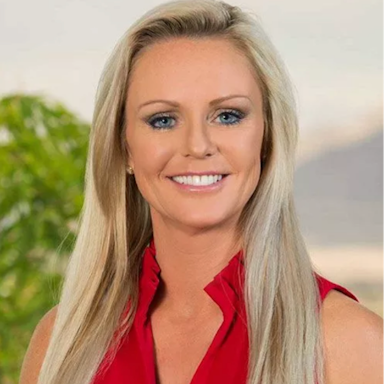 Christian MorrisCross-Examination of Defense Medical Expert
Christian MorrisCross-Examination of Defense Medical Expert Coffee & Snacks
Hosted by
- 10:15a


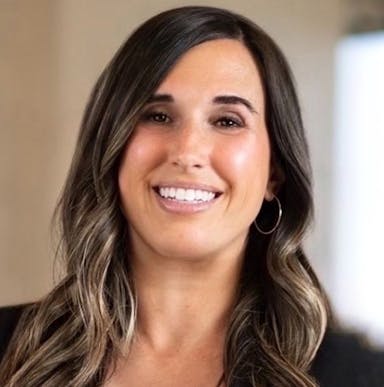 Bruce Broillet · Molly McKibben The Erin Andrews Invasion of Privacy Case: How the $55 Million non-economic Verdict was won
Bruce Broillet · Molly McKibben The Erin Andrews Invasion of Privacy Case: How the $55 Million non-economic Verdict was won Coffee & Snacks
Hosted by
- 11:30a


 Bruce Broillet · Molly McKibben The Erin Andrews Invasion of Privacy Case: How the $55 Million non-economic Verdict was won
Bruce Broillet · Molly McKibben The Erin Andrews Invasion of Privacy Case: How the $55 Million non-economic Verdict was won Lunch
Sponsored by
- 2:00p


 Bruce Broillet · Molly McKibben The Erin Andrews Invasion of Privacy Case: How the $55 Million non-economic Verdict was won
Bruce Broillet · Molly McKibben The Erin Andrews Invasion of Privacy Case: How the $55 Million non-economic Verdict was won Coffee & Snacks
Hosted by
- 3:15p

 Przemek LubeckiThe Mental Game for Trial - Performing Under Pressure
Przemek LubeckiThe Mental Game for Trial - Performing Under Pressure Coffee & Snacks
Hosted by
- 4:30p

 Alicia CampbellHow to Get Your First 8 Figure Verdict
Alicia CampbellHow to Get Your First 8 Figure Verdict
Track 4
Breakfast
Hosted by
- 9:00a



 Phillip Miller · Justin Kahn · Edward CiarimboliDesigning Exhibits - Design Ideas and Techniques
Phillip Miller · Justin Kahn · Edward CiarimboliDesigning Exhibits - Design Ideas and Techniques Coffee & Snacks
Hosted by
- 10:15a



 Phillip Miller · Justin Kahn · Edward CiarimboliDesigning Exhibits - Design Ideas and Techniques
Phillip Miller · Justin Kahn · Edward CiarimboliDesigning Exhibits - Design Ideas and Techniques Coffee & Snacks
Hosted by
- 11:30a



 Phillip Miller · Justin Kahn · Edward CiarimboliDesigning Exhibits - Design Ideas and Techniques
Phillip Miller · Justin Kahn · Edward CiarimboliDesigning Exhibits - Design Ideas and Techniques Lunch
Sponsored by
- 2:00p





 Lloyd Bell · Monte Tynes · Bob ByrneTry your FRKN Case
Lloyd Bell · Monte Tynes · Bob ByrneTry your FRKN Case Coffee & Snacks
Hosted by
- 3:15p

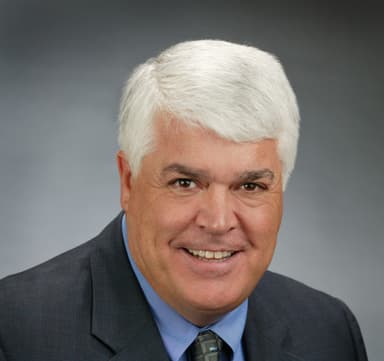 John RomanoNavigating The Minefields Of Valuing Cases
John RomanoNavigating The Minefields Of Valuing Cases Coffee & Snacks
Hosted by
- 4:30p

 Dirk VandeverDirk's Trial Manifesto
Dirk VandeverDirk's Trial Manifesto
Party Sponsor
5:30pm-8:30pm
Barbie Pink & White Party
Hosted by

































